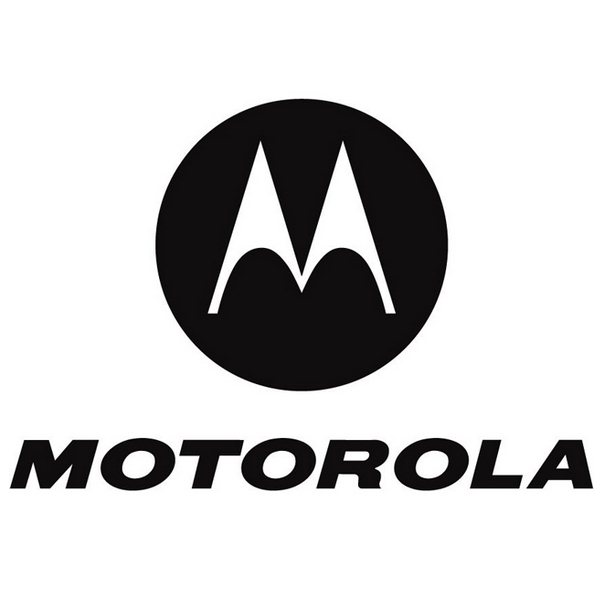The agreement signed today by Microsoft and Motorola Solutions affects Motorola devices running Android or Chrome OS that could be in any way affected by the Redmond giant’s patent portfolio.
By doing so, Motorola Solutions protects itself against any lawsuits that could be initiated by other tech companies.

Nick Psyhogeos, general manager, associate general counsel, IP licensing of the Innovation and Intellectual Property Group at Microsoft, wanted to emphasize that “Microsoft and Motorola Solutions share a respect for intellectual property and a commitment to fair and reasonable patent licensing programs. Microsoft prefers licensing to litigation, since licensing is a more effective way to share technology and accelerate the pace of innovation.”
Obviously, Psyhogeos recognizes the power of having a strong patent portfolio, as this can be a great advantage in many types of negotiations. On top of that, the fact that two such great companies decided to share some of their common patents protects both of them of lawsuits in the future.
On the other hand, Joe White, vice president of Enterprise Mobile Computing, Motorola Solutions, pointed out that “Our Motorola Solutions communications technology works best for everyone when it is backed with robust intellectual property and patents. We are pleased to have agreed upon a solution that allows our customers to purchase Android products from Motorola Solutions with confidence.”
In today’s world, sharing patent portfolios is a great sign of trust. Intellectual property became more and more important, and now it is an essential element for maintaing healthy tech ecosystems. Since December 2003, Microsoft has provided coverage in about 1,100 licensing agreements. This way, many of this tech giant’s customers, partners and competitors gained access to its intellectual property portfolio.
Mind you, Motorola Solutions is by no means the first Android manufacturer to gain access to Microsoft’s patent and IP portfolio. In time, such companies as Samsung, ZTE, LG, HTC, Acer and Barnes & Noble have had the same benefits.
Hopefully, more companies will realize in time that technology progresses a lot faster when there are less disputes regarding intellectual property and patents. It’s not wrong to be proud of your own inventions, and protecting them is actually encouraged. Still, a lot more could be achieved if tech companies joined forces and started solving problems together.
Be social! Follow Walyou on Facebook and Twitter, and read more related stories about the 2,400 patents that HP sold to Qualcomm and Lenovo’s acquisition of patents from Unwired Planet.










